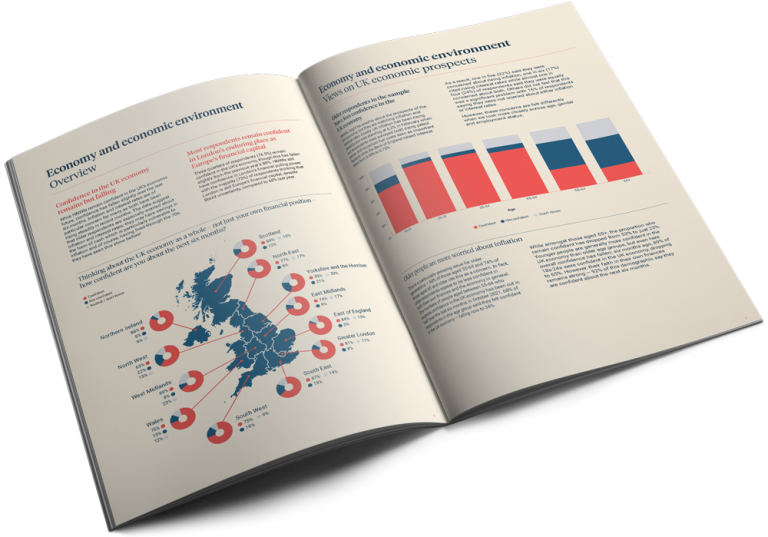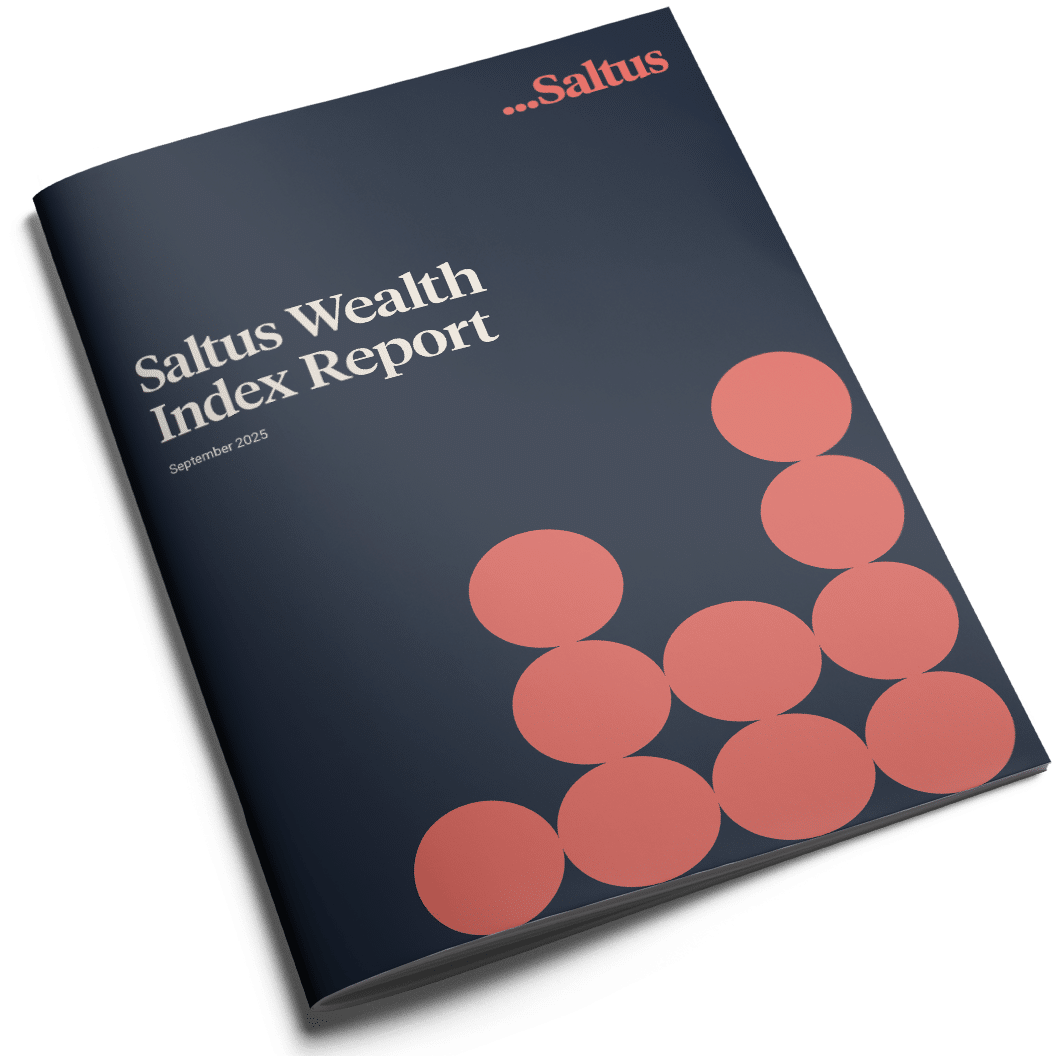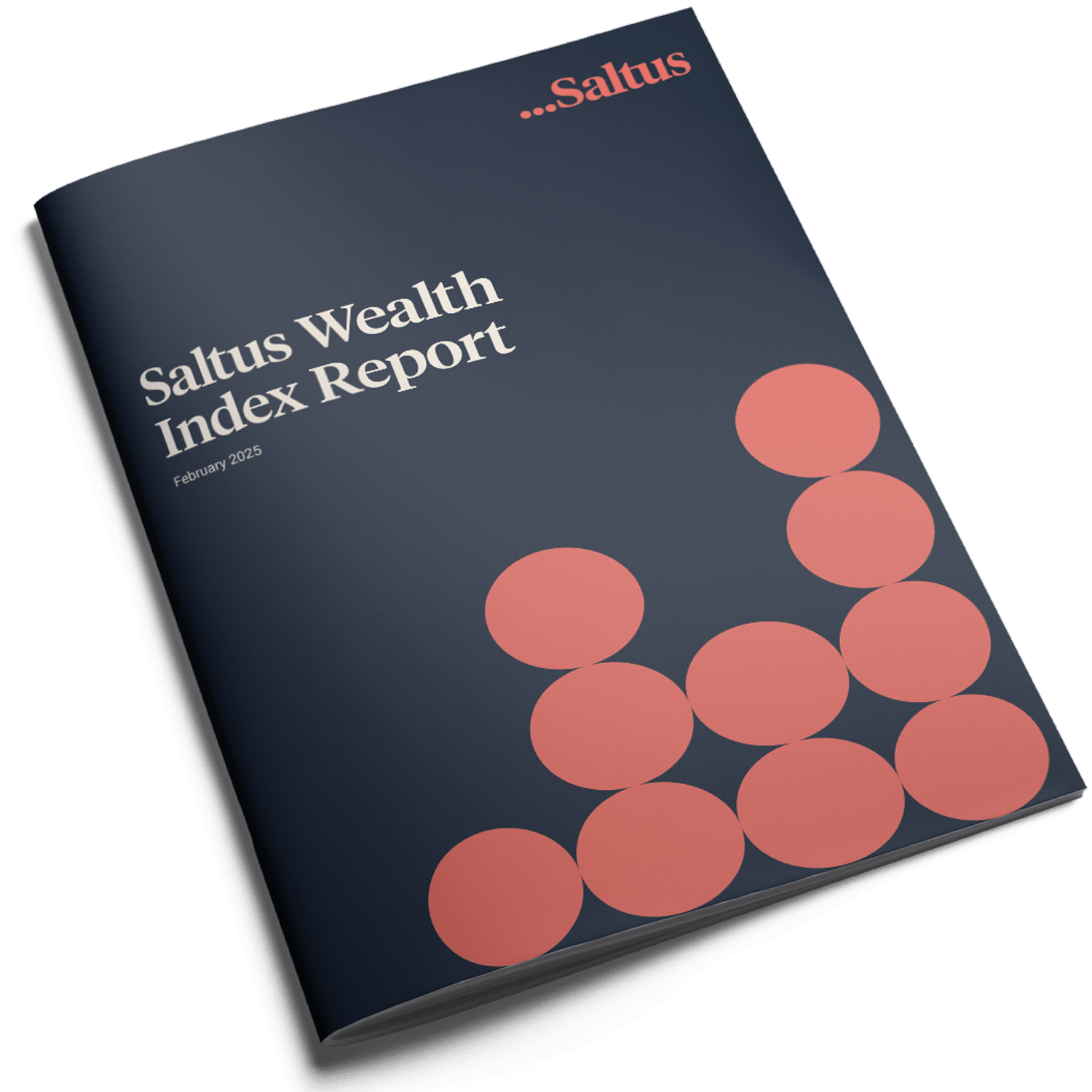Our intention is to track over time the views of a constituency that has become increasingly important to the UK: high net worth individuals (HNWIs). These are the people that the new Government needs even if their contribution does not always appear to be valued.
Our respondents are the ones with the “broad shoulders”, who (according to the rhetoric from Downing Street) will be footing a significant proportion of the bill to fund the Government’s programmes. Even more importantly, HNWIs are active participants in the wealth creation of the future. Our survey shows that they are not just funding entrepreneurial activity but backing the next generation of wealth creators in other ways, for instance acting as mentors.
So what they think matters. There is a mixture of news here for the incoming Labour Government, both good and bad. The Saltus Wealth Index, which is a composite of a number of measures, has ticked up to 66.9, although it is still short of the levels we saw in February 2022.
Perhaps this is not surprising; the survey took place following the departure of an unstable government (that in a few years had presented the UK with more Prime Ministers than Bob Dylan has had number one hits) and in the wake of some better GDP growth figures.
However, an undercurrent of concern remains. HNWIs are stretched. They are supporting family members; there is discontent about tax, which becomes more pronounced when specific measures like VAT on school fees are raised; and, perhaps most worryingly, a significant proportion of our sample are considering moving overseas. The shoulders might be broad but they may not stay in the UK.
As always, my thanks go to our partners at Censuswide and our collaborator, Dr Michael Peacey of the University of Bristol, who helps us understand this valuable data. I hope you enjoy the report.












